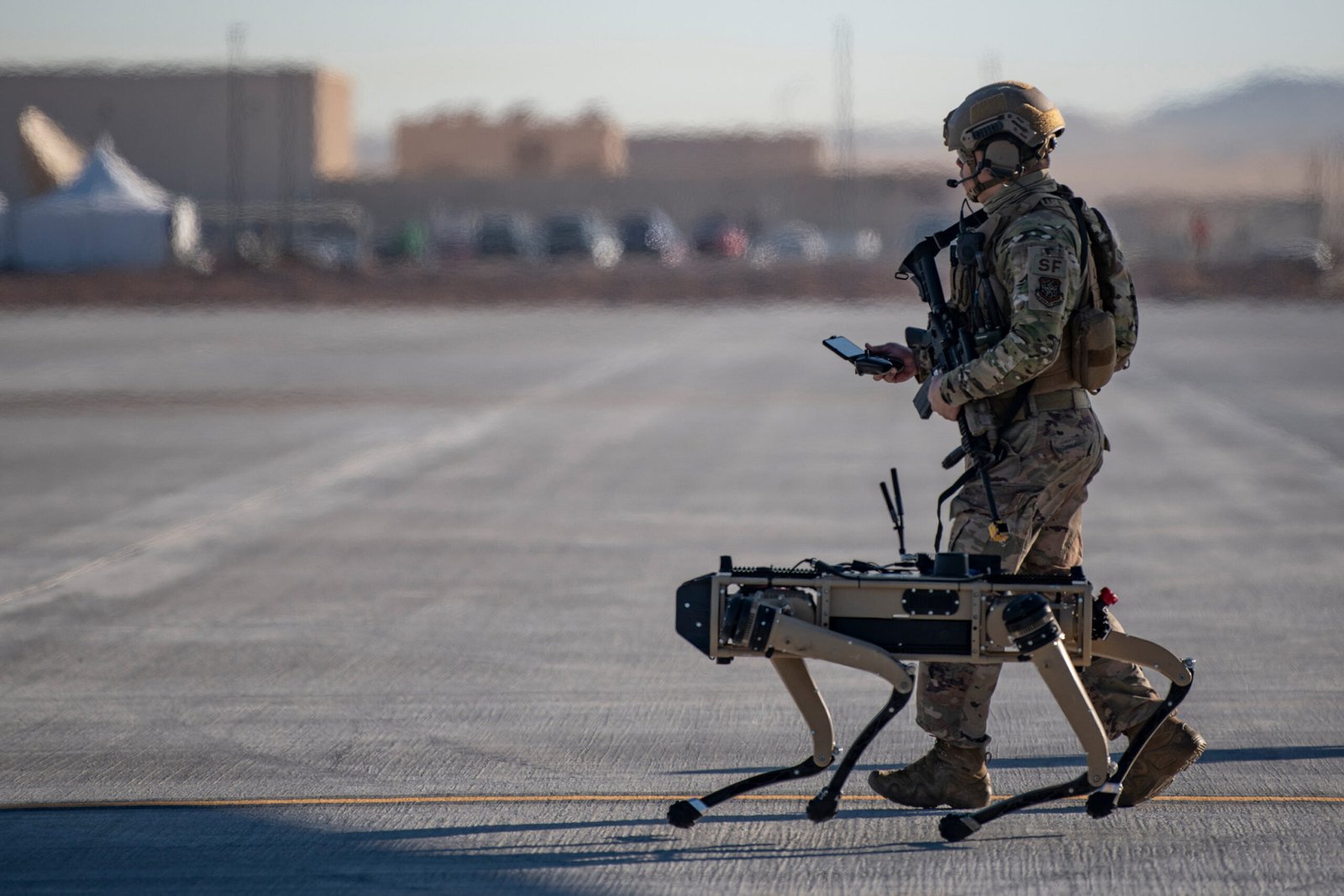The Growing Influence of Artificial Intelligence in the Military
In recent years, artificial intelligence (AI) has emerged as a transformative technology with the potential to revolutionize various industries. One sector where AI is making significant strides is in military operations. With its ability to process vast amounts of data, learn from patterns, and make informed decisions, AI is becoming an invaluable tool for modern armed forces.
Enhancing Situational Awareness and Decision-Making
One of the key areas where AI is making a difference in military operations is in enhancing situational awareness. Through the use of advanced sensors, AI systems can collect and analyze real-time data from various sources, such as satellites, drones, and ground-based sensors. This data can then be used to create comprehensive and up-to-date situational awareness pictures for military commanders.
By providing commanders with a clear understanding of the battlefield, AI enables faster and more informed decision-making. This, in turn, can help to improve operational effectiveness and reduce the risk to military personnel.
Autonomous Systems and Robotics
AI is also driving the development of autonomous systems and robotics in military operations. Autonomous systems, such as unmanned aerial vehicles (UAVs) and unmanned ground vehicles (UGVs), are capable of performing tasks without direct human control. These systems can be used for various purposes, including surveillance, reconnaissance, and even combat operations.
By leveraging AI algorithms, autonomous systems can navigate complex environments, adapt to changing conditions, and make decisions in real-time. This not only reduces the workload on human operators but also enables military forces to conduct operations with greater precision and efficiency.
Improving Cybersecurity and Information Warfare
In the digital age, cybersecurity and information warfare have become critical aspects of military operations. AI is playing a vital role in improving the defense against cyber threats and enhancing offensive capabilities in information warfare.
AI-powered systems can analyze massive amounts of data to detect and mitigate cyber threats in real-time. These systems can identify patterns and anomalies that may indicate a cyber attack and take proactive measures to defend against it. Additionally, AI can be used to develop sophisticated algorithms for conducting information warfare, such as disinformation campaigns and psychological operations.
Challenges and Ethical Considerations
While the integration of AI in military operations offers numerous benefits, it also presents challenges and ethical considerations. One of the key concerns is the potential for autonomous weapons systems to make life-or-death decisions without human intervention. The development and deployment of such systems raise questions about accountability, transparency, and the potential for unintended consequences.
Furthermore, there are concerns about the potential for AI algorithms to be manipulated or hacked, leading to unpredictable outcomes. Safeguards and regulations must be put in place to ensure the responsible and ethical use of AI in military operations.
Conclusion
Artificial intelligence is rapidly transforming the way military operations are conducted. From enhancing situational awareness and decision-making to enabling the use of autonomous systems and improving cybersecurity, AI is becoming an indispensable tool for modern armed forces.
As AI continues to evolve, it is crucial to address the challenges and ethical considerations associated with its use in military operations. By doing so, we can harness the full potential of AI while ensuring its responsible and ethical deployment.



































